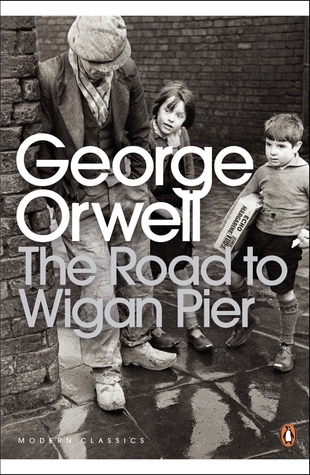What do you think?
Rate this book


215 pages, Paperback
First published January 1, 1936
"And then perhaps this misery of class-prejudice will fade away, and we of the sinking middle class … may sink without further struggles into the working class where we belong, and probably when we get there it will not be so dreadful as we feared, for, after all, we have nothing to lose but our aitches ('H's)."







